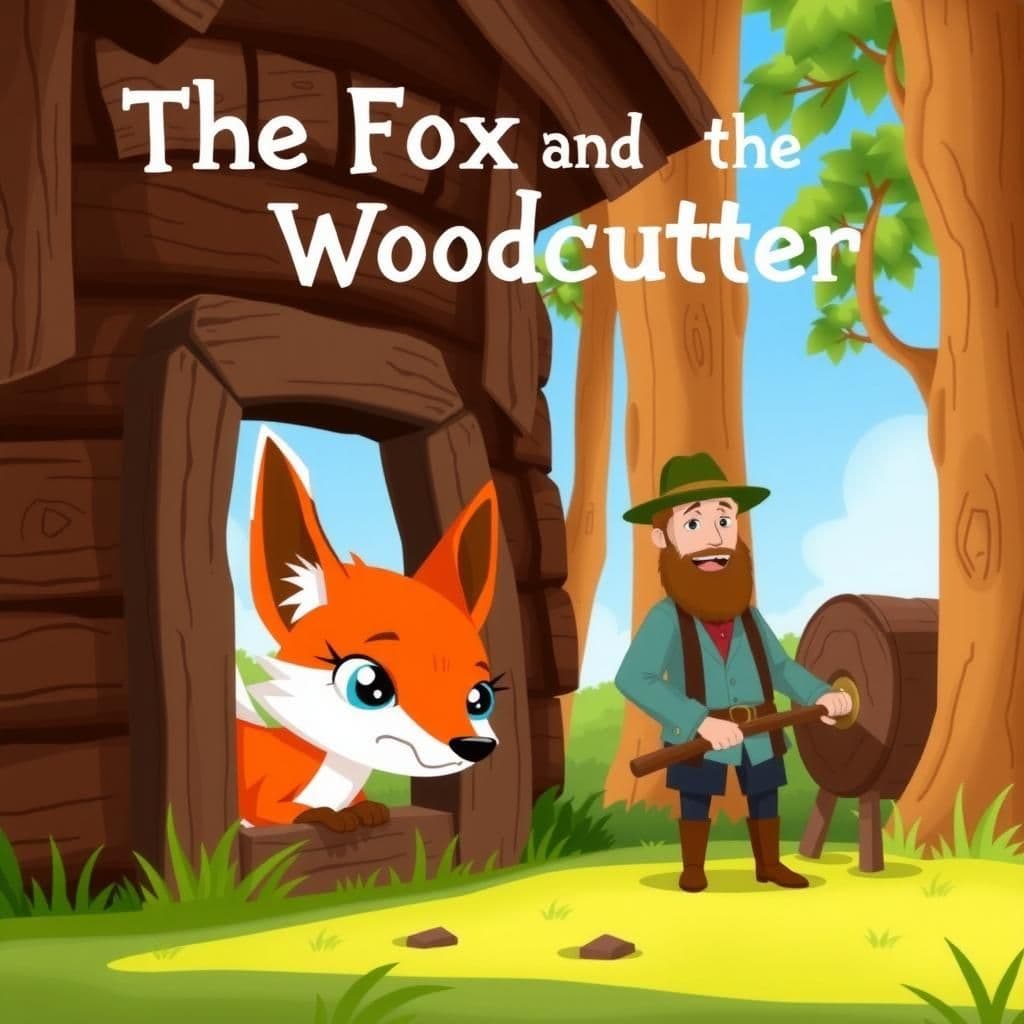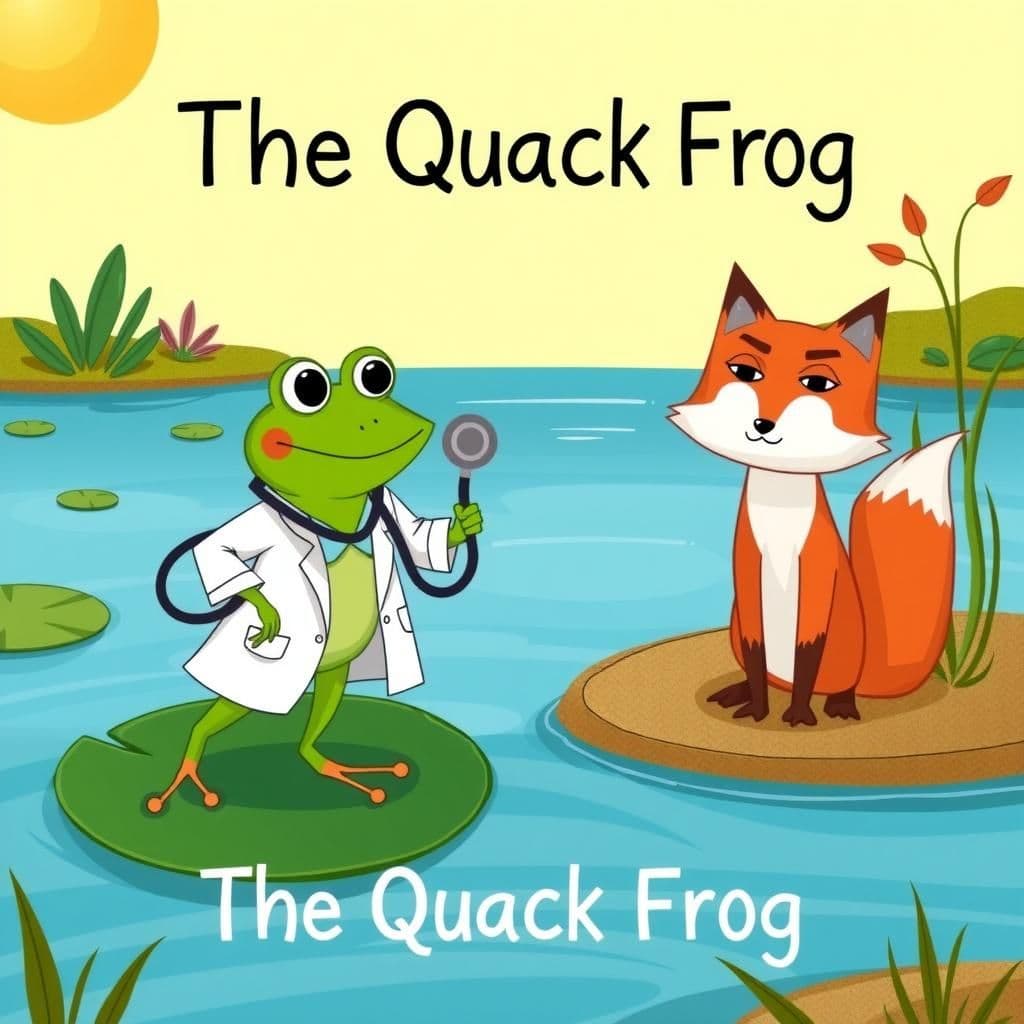The Wolf and the Feeding Goat

Story Summary
In "The Wolf and the Feeding Goat," a cunning Wolf attempts to lure a Goat down from her safe perch by boasting about the abundant, albeit misleading, food below. The clever Goat counters his claims by referencing the failed circus-poster crop, highlighting the Wolf's deceptive nature. This captivating moral story serves as an educational reminder of the importance of discernment in the face of temptation and false promises.
Click to reveal the moral of the story
The moral of the story is that it is better to remain in a challenging but safe situation than to be lured by superficial allurements that may lead to harm.
Historical Context
This story is a modern fable that draws on the tradition of animal tales to convey moral lessons, a genre popularized by Aesop in ancient Greece. The dialogue between the Wolf and the Goat reflects themes of deception and self-interest, reminiscent of later retellings such as those by La Fontaine in 17th-century France, where animals often symbolize human vices and societal critiques. The use of contemporary references, like "celluloid collar," suggests a critique of modernity and materialism, blending traditional fable elements with modern societal commentary.
Our Editors Opinion
This fable illustrates the idea that superficial allure or convenience often comes with hidden dangers or drawbacks, a lesson that resonates in today's world where social media and trends can distract from more meaningful pursuits. For instance, a young professional might be tempted to chase after a high-paying job in a flashy industry, only to find that the work culture is toxic and unfulfilling, while a more modest role in a supportive environment offers greater long-term satisfaction and growth.
You May Also Like

The Fox and the Woodcutter
In this life-changing story with a moral, a fox, pursued by hounds, seeks refuge with a woodcutter who deceitfully denies the fox's presence to the huntsman while gesturing towards the hut where the fox hides. Once safe, the fox criticizes the woodcutter for his duplicitous actions, stating that he would have expressed gratitude if the woodcutter's deeds had matched his words. This short story serves as a reminder of the simple lessons from stories about integrity and the importance of aligning actions with words, making it a valuable tale for students and adults alike.

The Quack Frog
In "The Quack Frog," a frog falsely claims to be a skilled physician, boasting of his medical expertise to all the animals. However, a skeptical fox highlights the frog's own ailments, teaching young readers a timeless moral about the folly of pretending to have qualifications one does not possess. This short moral tale serves as a valuable lesson learned from stories about the importance of honesty and self-awareness.

The Cobbler Turned Doctor
In this short story with moral lessons, a cobbler, driven by poverty, falsely claims to be a doctor and sells a fake antidote, gaining fame through exaggerated claims. When he falls ill, the town's governor tests his abilities by pretending to poison him, prompting the cobbler to admit his lack of medical knowledge. The governor then exposes the townspeople's folly in trusting an unqualified man with their health, serving as a cautionary tale for kids about the importance of discernment in real-life stories with moral lessons.
Other names for this story
The Hungry Wolf's Deceit, Goat on the Summit, The Wolf's Tempting Lies, Feeding Goat's Dilemma, The Clever Goat's Choice, Wolf's Empty Promises, The Summit of Wisdom, The Goats' Wise Retreat
Did You Know?
This fable humorously highlights the theme of perspective, illustrating how different characters can find value and meaning in their surroundings, even when one appears to be thriving in a seemingly barren environment. The Goat’s clever response to the Wolf also emphasizes the importance of wit and discernment in navigating temptation and superficial allure.
Subscribe to Daily Stories
Get a new moral story in your inbox every day.